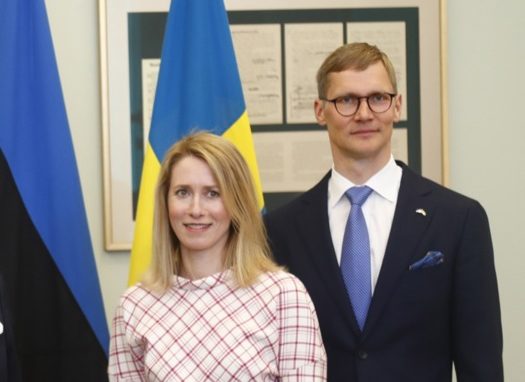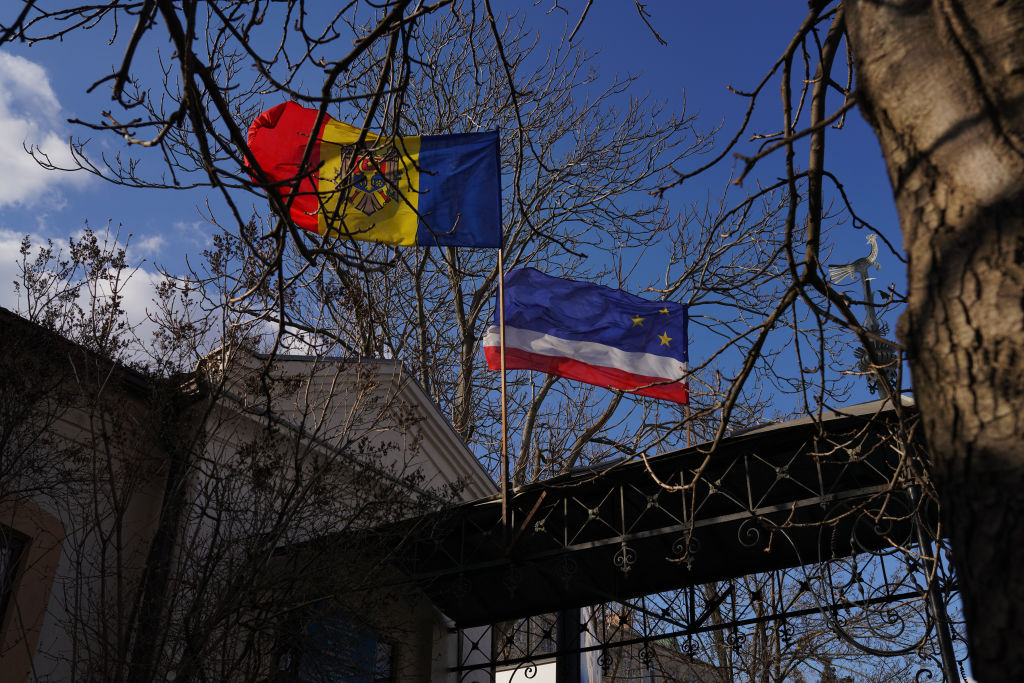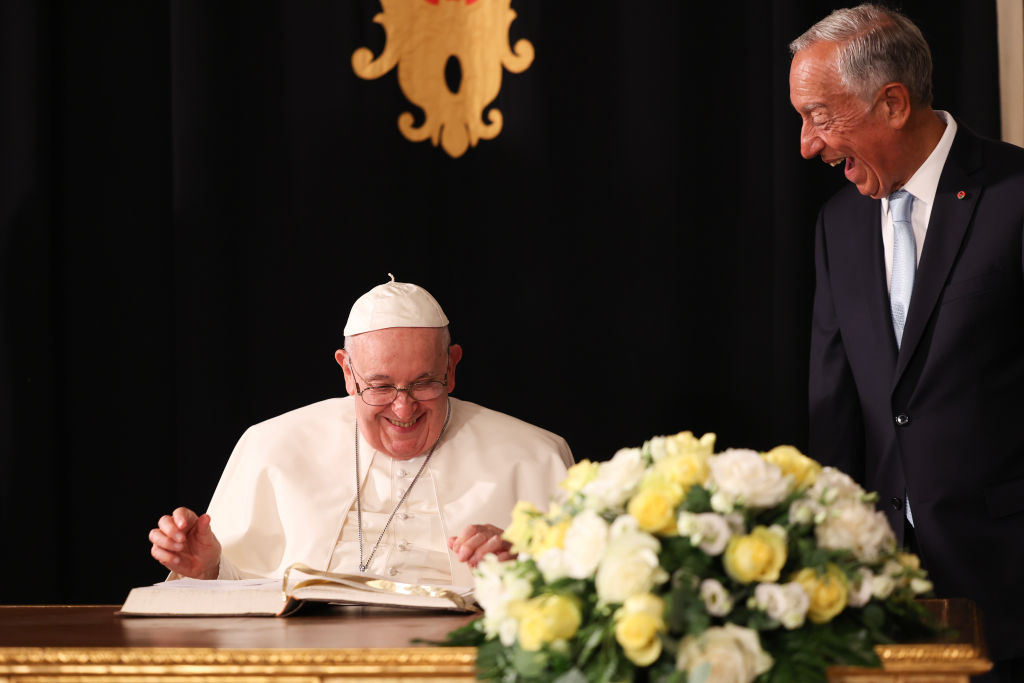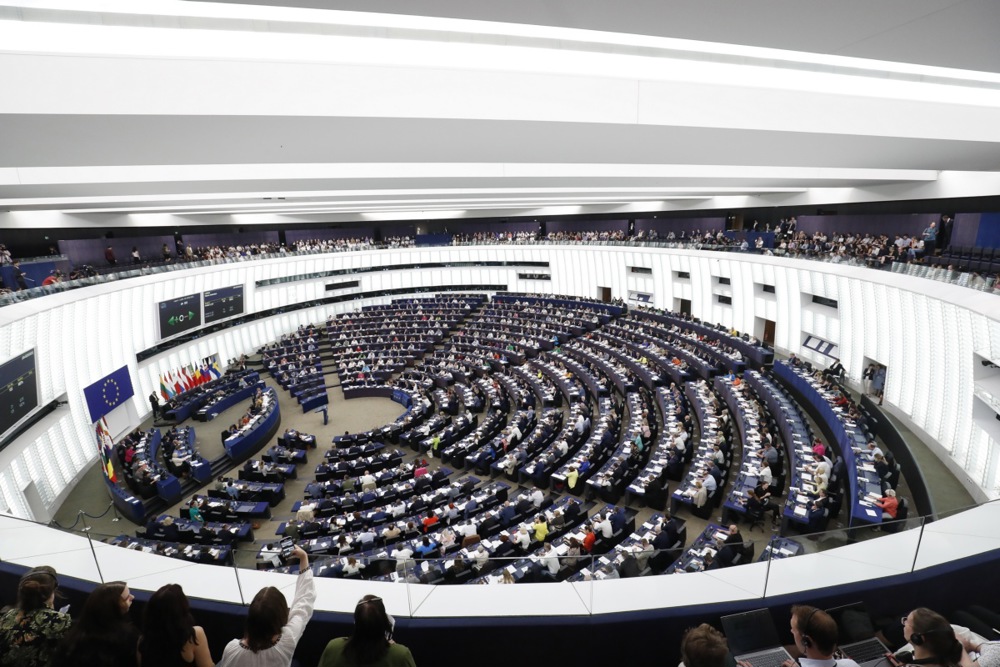Russia “will be pleased if Georgia fails in joining the European Union”, EU foreign minister Josep Borrell told press in the Caucasian country’s capital, Tbilisi, on September 8.
Since Georgia applied to become a member of the EU shortly after Russia’s invasion of Ukraine, accession to the bloc has become a contentious issue in the nation’s highly polarised political landscape.
“Please … never, ever say the EU has abandoned Georgia,” Borrell insisted while answering press questions at a conference with Georgian Prime Minister Irakli Garibashvili.
Although Borrell said the EU was keen to bring Georgia fully into the bloc, he did outline problems that were slowing down the country’s accession bid.
While Moldova and Ukraine have both been granted Candidate Status, Georgia was only given “European perspective”, EU-speak for a potential candidate, but not an actual candidate.
The principal stumbling blocks for Georgia to achieve that status are the perceived power of oligarchs in the country, endemic corruption and what some believe are the veiled pro-Russia leanings of the ruling Georgian Dream party.
Earlier in 2023, Georgian Dream potentially jeopardised the nation’s chances of joining the EU when it attempted to pass its Foreign Agents’ Bill, which would have forced NGOs and media to disclose any foreign connections and funding.
The EU claimed that what it saw as a threat civil society was unacceptable and, following several nights of riots in the country, the bill was withdrawn.
“No doubt Georgia belongs to the European family and I wanted to come here to deliver this message to the Georgian people,” Borrell said.
He added that he was impressed by the number of EU flags he saw in Tbilisi, saying: “There are more European flags here than in Brussels.”
Questions over Georgian Dream’s commitment to join the EU have exacerbated long-running divisions within Georgian politics and society.
The ruling party’s treatment of opposition figures such as the imprisonment of ex-president Mikheil Saakashvili on corruption charges has been condemned by EU institutions, the European Parliament in particular.
Most recently, the Georgian Government has started impeachment proceedings against its President Salome Zourabichvili for her allegedly “unauthorised” visits to the EU. Some say the move is a result of her increasingly defiant stance towards the government.
The EU has made the de-polarisation of Georgia’s government and the opposition a condition of joining.
Yet, Borrell insisted, that was something “only the Georgians can do”.
He said if the EU was to exert pressure to force such de-polarisation, “that would be foreign interference and I don’t want that”.
Instead, Georgians must take on reconciliation “as a national endeavour”, he said.
On the issue of foreign policy, Borrell called on the Georgian Government to align itself with the EU’s viewpoint and help the bloc in its effort to “isolate Russia”.
Yet with Tbilisi restoring direct flights to Moscow and the Georgian Prime Minister blaming NATO for the Ukraine war, he noted that the nation’s alignment rate with the West “is not very high”.
Still, he still praised its efforts to close down loopholes regarding sanctions on Russia and said the EU would continue to improve its security cooperation with Georgia, which includes a monitoring mission stationed on the borders of Georgia’s Russia-backed breakaway regions of South Ossetia and Abkhazia.





